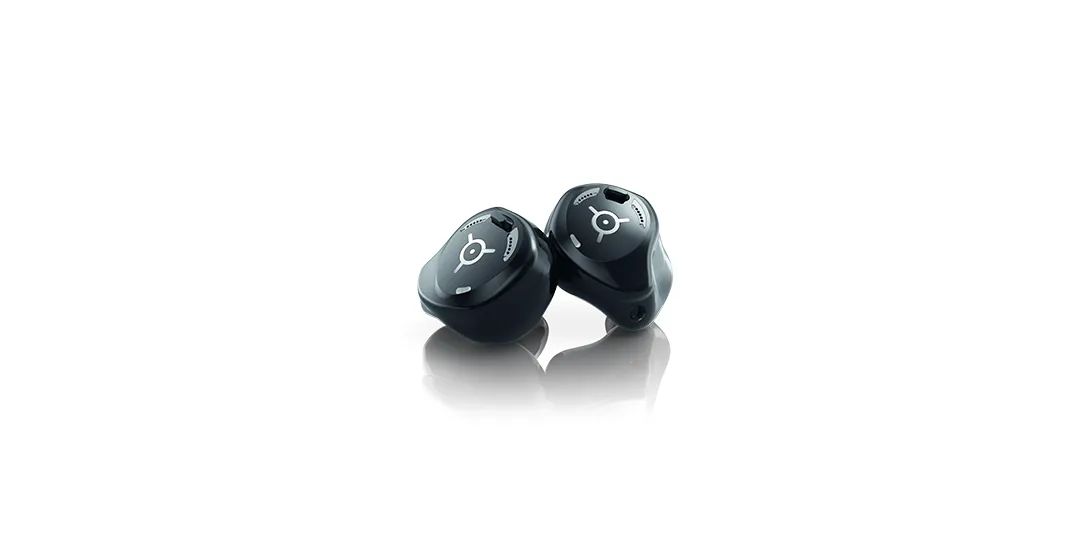Types of hearing loss
Hearing loss has many different causes. Medications, heredity, repeated exposure to noise at work, the aging process, infections..
Hearing loss has many different causes. Medications, heredity, repeated exposure to noise at work, the aging process, infections, a loud blast or injury can all affect our hearing. Even hobbies such as skeet shooting, motorcycling or hunting without ear protection impacts our hearing over time.
Learn more about the two primary types of hearing loss: conductive & sensorineural; help identify your specific type of hearing loss.
Conductive Hearing Loss
Hearing loss caused by a problem in the outer or middle ear is called conductive hearing loss.
Common causes and solutions for the Outer Ear include:
Common causes and solutions for the Inner Ear include:
The best way to diagnose conductive hearing loss is by working with a hearing healthcare professional. Find a nearby hearing clinic and request a free appointment for help identifying hearing loss.
Sensorineural Hearing Loss
Hearing loss caused by damage to the inner ear is called perceptive, or sensorineural, hearing loss.
Common causes and solutions for sensorineural hearing loss are:
VAC, WCB, WSIB, WorkSafeBC, ADP & ODSP accepted. *Hearing evaluations/tests are free for customers over the age of 18. Fees may apply where specific testing for employment purposes, reports, a copy of your results or the completion of an application is required. See clinic for full details.



